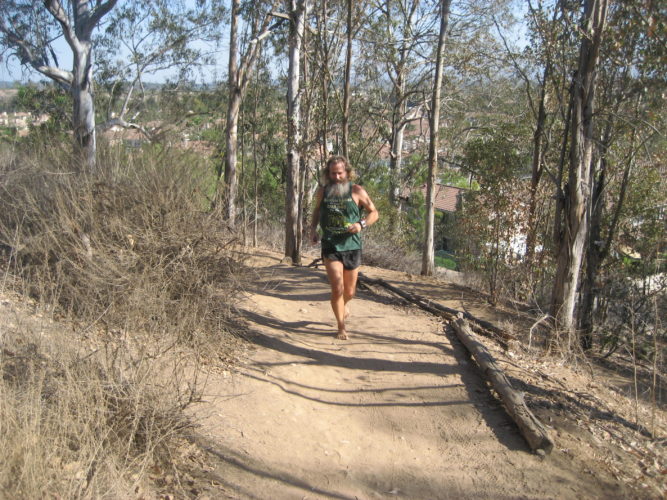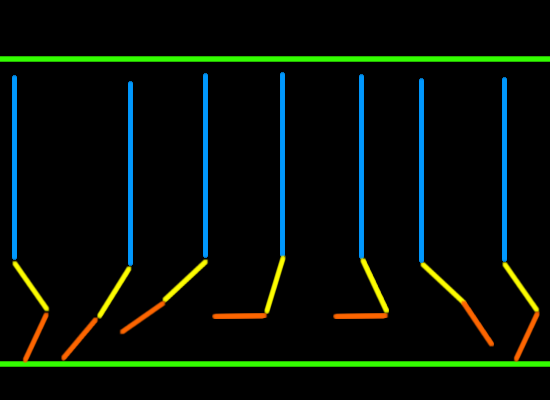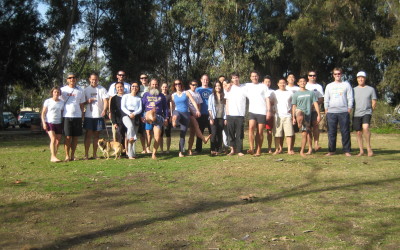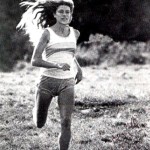For some folks, depending on their technique and fitness background, the shins (and other muscles, tendons, joints, etc.) are going to be strained in ways they have not been conditioned for previously. These pains should pass after a few weeks of building up the tissues, and also as a result of learning better, more relaxed running and walking techniques. Remember, with any new activity, we should begin short, slow, and build gradually IF we want to avoid overuse injuries and pain. Also remember, tension causes strain and pain, so relax, Relax, RELAX!
Most of our barefoot beginners do not complain about shin splints. On the contrary, some have commented that they suffered shin splints while running in shoes or especially in flip flops, and that those pains went away after they began barefoot running.
At age 17, I suffered painful shin splints when I began roller skating (pre in-line skates). But my roller skates were so restrictive as to prevent any flexing my feet or ankles, that they were actually about as far from being barefoot as possible. The shin pain went away after 2 or 3 weeks of roller skating. I guess I hadn’t been using the shin muscles much prior to roller skating. I also had not yet been running any great distances.
As a youth in Northern Michigan I didn’t know of anyone who was running any significant distances. During my earlier years of schooling, I had only been exposed to sprinting, either in games, like football, baseball, or basketball, or just sprinting, like in the 50-yard dash. “If you weren’t out of breath”, we were told, “you weren’t really running!”
In high school Physical Education class we ran up to a mile. That was actually the first time I realized I enjoyed running. I had been running (often barefoot) in the fields and forests with our dogs (occasionally a cat would join us) – but I did not feel nauseous or out of breath – so I hadn’t realized that I was actually “running” (according to the above definition from my P.E. teachers).
I did not get shin splints from barefoot running, not even when I first began building up to longer distances (10-20+ miles), perhaps partly because roller skating had built up my shin muscles. But it may also have been the techniques I inadvertently (there were no instruction books or websites back then for barefoot running) learned while barefoot running on many varied terrains for the first few decades of my life.
Varied terrain can also have a beneficial effect on pains. On smooth consistent terrains, we tend to use precisely the same motions and muscles for each and every step. This can be much more strain than running or walking on a variety of terrains, which will require using varied muscles over the diverse terrain. This is the reason that Jeff Galloway’s Run/Walk/Run method works so well for beginning runners.





